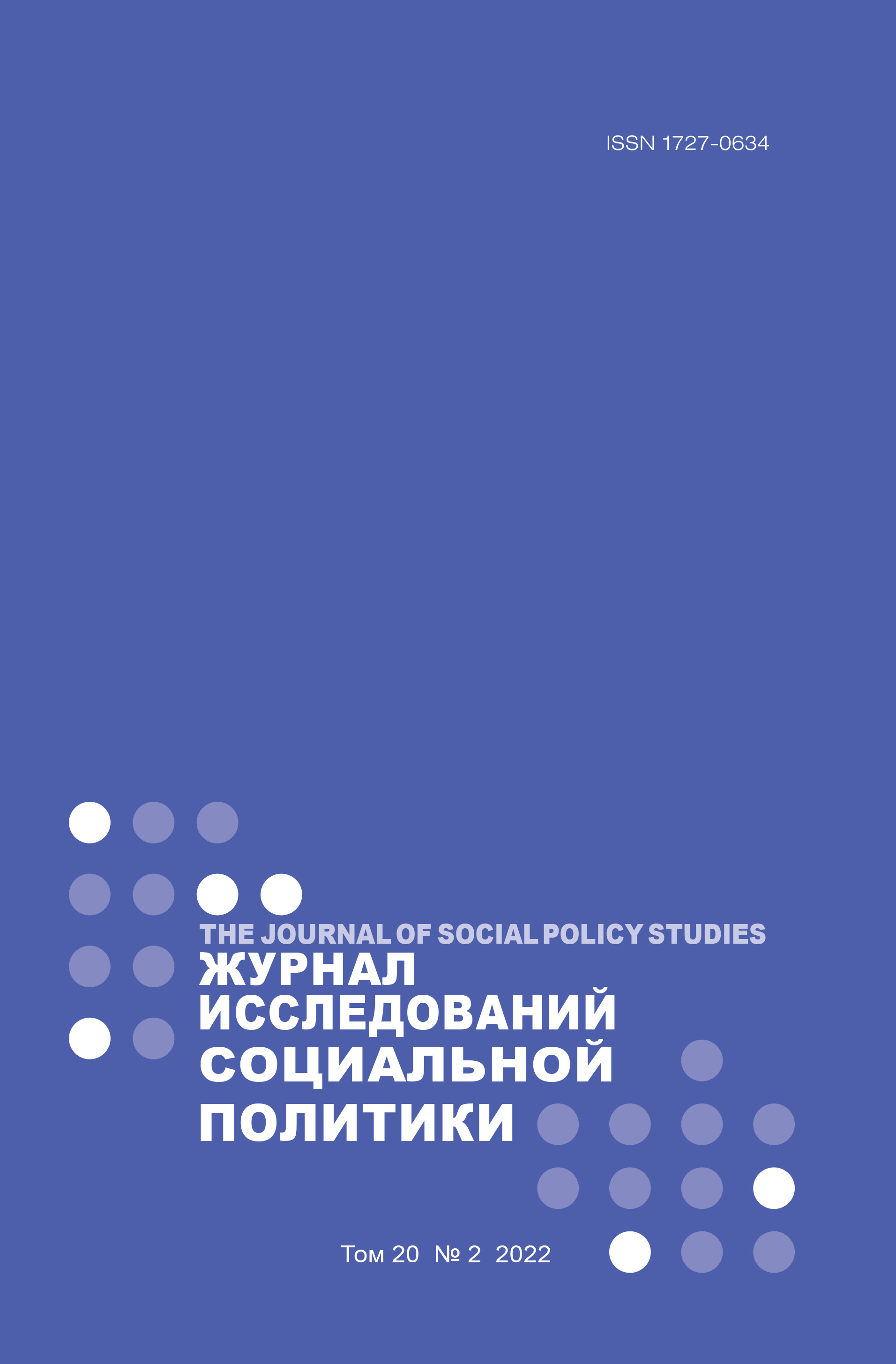Emotional Management of Healthcare Professionals in Palliative Care Settings
Abstract
Palliative care has developed in Russia since the 1990s as an adopted Western institutional form within the ideological framework of a 'good death,' which suggests a holistic approach to patient suffering. The development of palliative care was not linear and has received systematic governmental support only over the last ten years. Psychological care and quality of life were only legally included in palliative care in 2019. As a consequence of the existing structural constraints in most organizations, all of the emotional labour is done by medical professionals often lacking training in the management of emotions. In this case, a key role is played by the leaders of the organization. The main objective of this work is to demonstrate how the management of emotions at the level of personal interactions is connected with the management of emotions at the organizational level. Emotion management in palliative care settings is analysed based on empirical evidence collected during the periods 2018–2019 and 2020–2021. During the research thirty-four interviews with specialists in the field of palliative care were collected. Materials are analysed through dramatic and cultural theories of emotions and theories of rituals. Key emotion management mechanisms in palliative care settings at the organizational level include team building and coordination; maintenance of collective emotions and collective solidarity; and the management of the space of the organization. At the individual level, emotional labour is carried out in accordance with the ideological framework of a 'good death.' Emotional labour is most often done through deep performance and is aimed at overcoming negative emotions such as anger, fear, or disgust. Management of emotions at the organizational level allows, first, to overcome the existing structural limitations; second, to adjust the volume and content of the emotional labour of employees.















